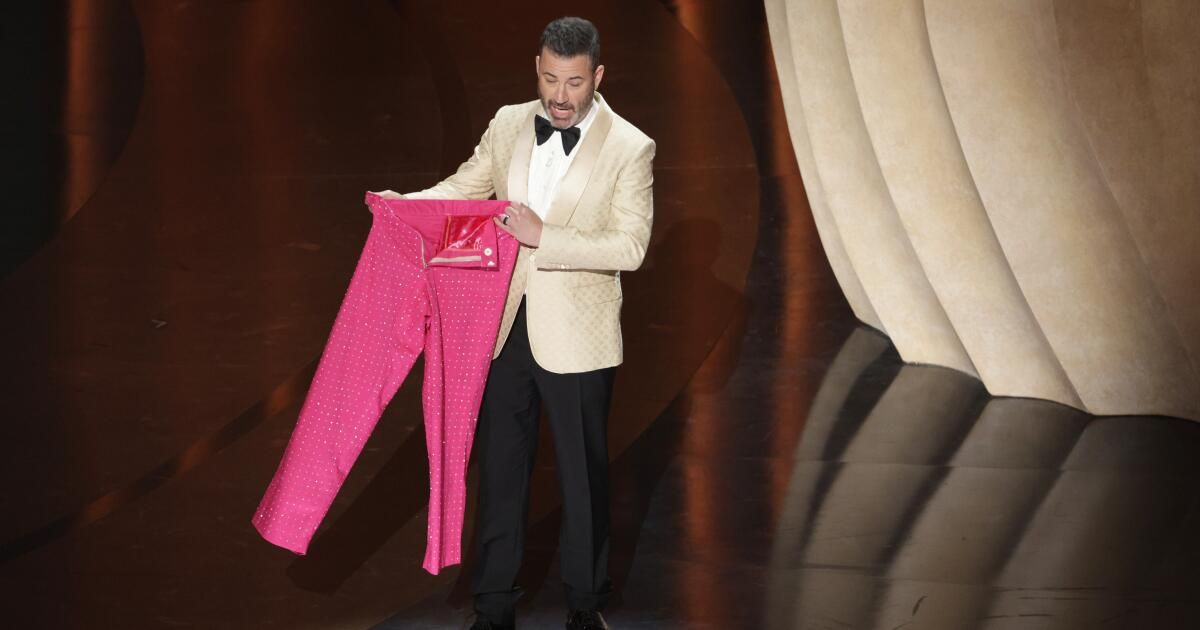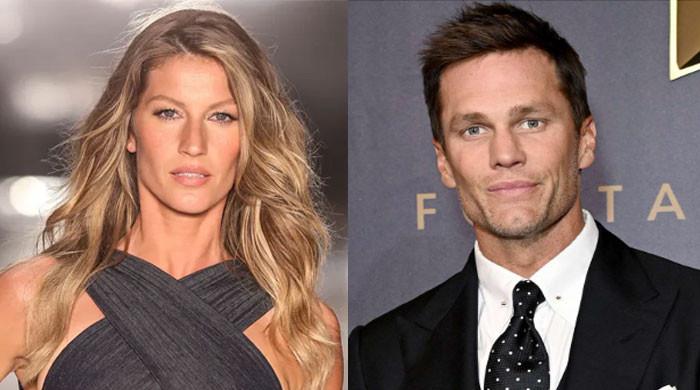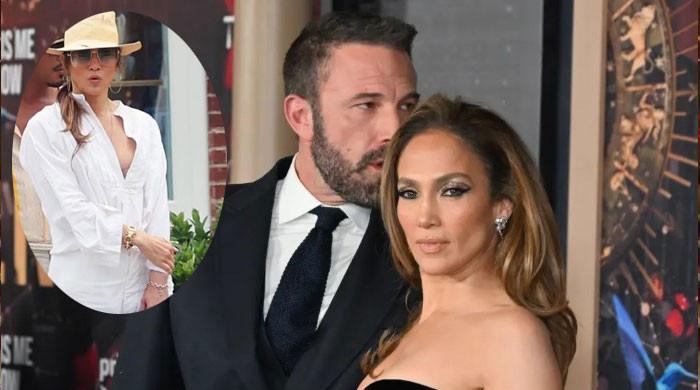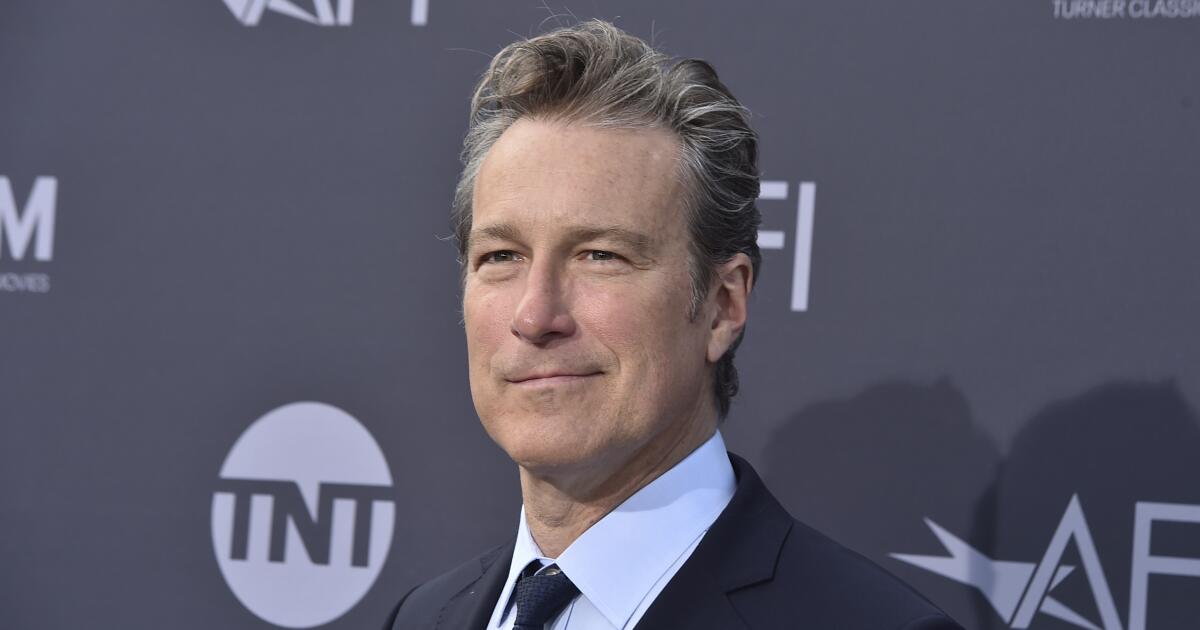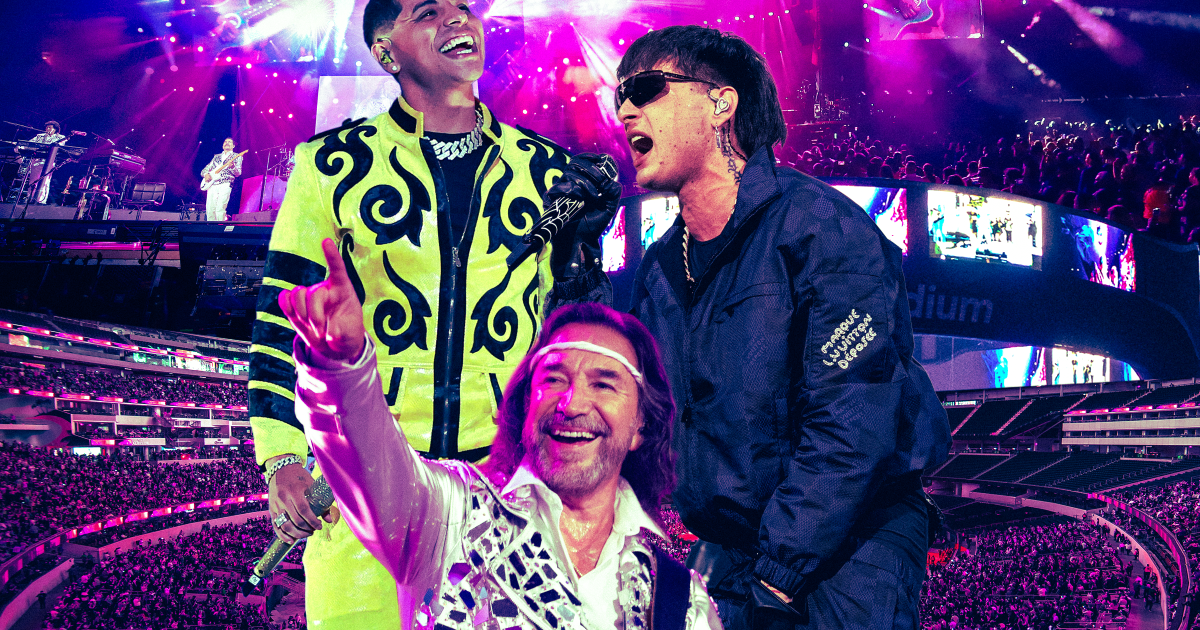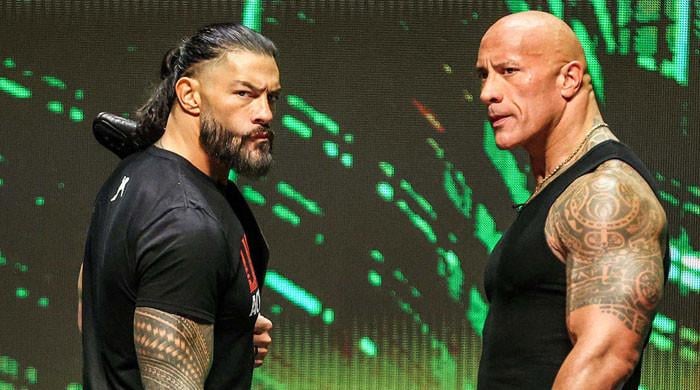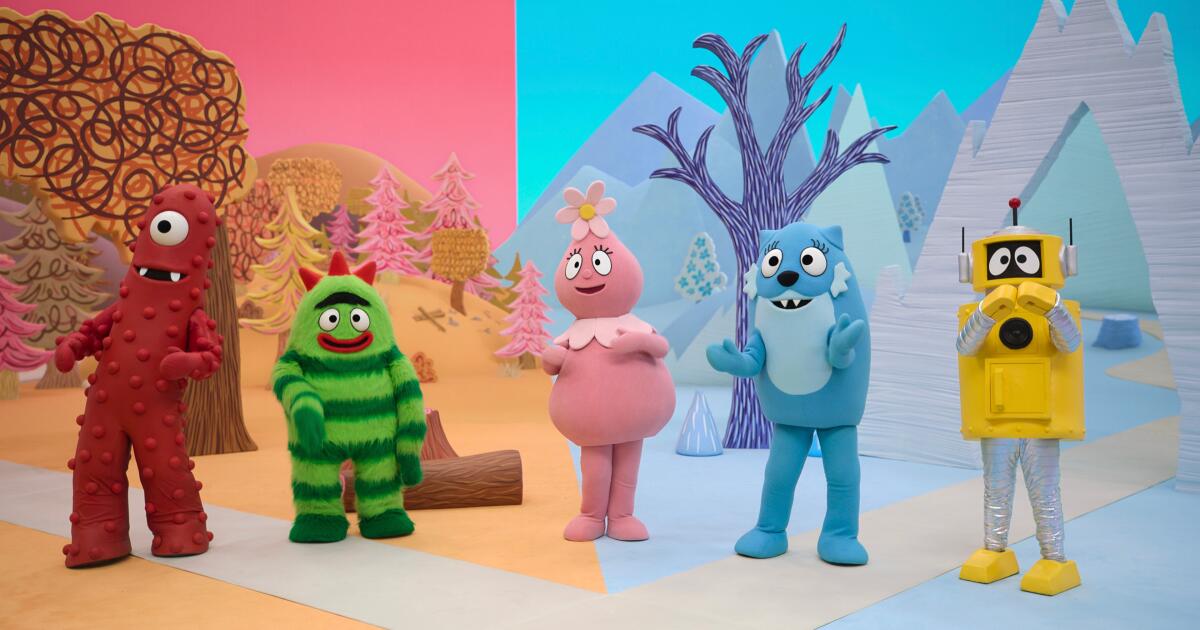The 96th Oscars, hosted for the fourth time by Jimmy Kimmel, aired on ABC Sunday night from the Dolby Theater on Hollywood Boulevard, right next to Grauman's Chinese. (I refuse to call it TCL Chinese Theatre, whatever TCL means.)
As the year of strike ends, it seems appropriate to remember that the Academy of Motion Picture Arts and Sciences was originally conceived by film producers to prevent unionization: the Oscars, some historians theorize, were invented to make actors, directors, and others feel specials. and distinct from the industrial working classes. If filmmakers were given “cups and awards,” Louis B. Mayer is supposed to have said, “they would kill themselves to produce what I wanted.”
Even so, all conflicts are put aside for that special day, this Hollywood Christmas, when the academy presents its main trophies. As uninterested as I am in who wins or loses these things, I can see how this relatively meaningless competition offers some distraction from a world burning with real conflicts that will affect the fate of humans and the Earth they live on for generations to come.
And yet, there is a certain expectation that film people, being a creative, sensitive and therefore liberal community, might have something to say about such dangerous times, on a stage before a number of spectators yet to be counted. . And that the films, which sometimes intersect with current real-world issues, might provoke some comments from the winners, when they win. More on that below.
Anyway, the Oscars. They arrived an hour early this year, which is ironic given that daylight saving time provided an extra hour of sunlight, and five minutes late, because protesters calling for a ceasefire in Gaza delayed arrivals. You can delay the transmission, but you can't stop the world.
Kimmel, who has inherited the mantle of regular Oscar host from Billy Crystal, Bob Hope and Johnny Carson, is a reliable, identifiable and non-controversial presence, capable of not generating controversy in a place that has little tolerance for controversy. At the same time, he is smart enough not to be boring. Like many people who tell jokes for a living, he's said or done regrettable things from time to time, but he's also good at expressing regret. Above all, he is a creature of show business, not ashamed to be there and not trying to demonstrate any kind of moral or professional superiority over the actors he might joke about in an opening monologue. Almost her first words after a brief filmed introduction that played a clip from “Barbie” (Margot Robbie: “You're so beautiful.” Kimmel: “I know, I was thinking that. I haven't eaten in three weeks. I'm so hungry.”) They were “Look at these beautiful human actors.”
Although some jokes bordered on defying good taste, most weren't much edgier than the ones you'd usually find at a Dean Martin roast. From Robert De Niro: “In 1976, Jodie Foster was young enough to be Robert De Niro's daughter, now she is 20 years too old to be his girlfriend.” (Foster could be seen nodding sadly.) And to Robert Downey Jr.: “Is that an acceptance speech in your pocket or do you just have a very rectangular penis?” And about Messi, the dog from “Anatomy of a Fall” (who had a seat), “I haven't seen a French actor eat vomit like that since Gérard Depardieu.” And describe Emma Stone's character in “Poor People”: “A grown woman with a child's brain, like the lady who refuted the State of the Union”: a little political, but nothing that won't be heard late. -night show.
It was a room of people determined to have a good time; The standing ovations began with one for Kimmel himself (or, to be precise, as Kimmel put it, “that partial standing ovation”) and continued fairly frequently throughout the night. The audience participated noisily in the mix, as if to give the impression, apparently accurate, that they were excited by absolutely everything that was happening and that a show received with such enthusiasm could not be boring, even if, as a contest, it promised prizes ( and proved) to be largely predictable: “Oppenheimer”, “Oppenheimer”, “Poor Things”, “Oppenheimer”.
In fact, they were quite a loud and raucous Oscars, as Oscars usually are: an (almost) naked John Cena presenting the costume design award; Ryan Gosling, accompanied by Slash, as a Busby Berkeley rock star performing the nominated “I'm Just Ken”; Osage tribal singers (and drummers and dancers) performing “Wahzhazhe (A Song for My People).” Host John Mulaney offered a synopsis of “Field of Dreams,” a movie I no longer need to see. Supporting actor winner Downey Jr., who seems to have given himself the task of keeping old-school awards shows lively, took the stage with his arms raised, thanking “my terrible childhood and the academy, in that order.” It was a long night, as it always is, but not as exhausting as it usually is. The written jokes were better than usual, and when they fell flat, personality took over.
If no protesters burst through the doors of the Dolby Theatre, the political world broke through. Referring to the SAG-AFTRA and WGA strikes, Kimmel said in his monologue: “This strange town of ours is, at its core, a union town; it's not just a bunch of gluten-sensitive nepo babies drinking Hailey Bieber shakes and abusing diabetes prescriptions, with perpetually shaking chihuahuas. This is a coalition of strong, hard-working, mentally strong American men and women who would 100 percent certainly die if they had to touch the handle of a shovel.” And he brought out a cast of Hollywood shovel handlers, truckers and unidentified behind-the-scenes workers, promising that his union would take back their unions when the time came.
Director Jonathan Glazer, whose “Zone of Interest,” about Auschwitz and the Holocaust, took home the Oscar for international film, declared that the goal of the film was “not to say, 'Look what they did then,' but to say what we do.” now. Our film shows where dehumanization leads at its worst. It has shaped our entire past and present. Right now, we stand here as men refuting their Judaism and the Holocaust held hostage by an occupation that has driven so many innocent people into conflict. Whether it is the victims of October 7 in Israel or the ongoing attack on Gaza, all the victims of this dehumanization, how do we resist?”
Director Mstyslav Chernov, awarded for his documentary “20 Days in Mariupol,” thanked the Academy for “the first Oscar in the history of Ukraine” and then added: “I will probably be the first director on this stage who will say: I wish I had never made this movie. I wish I could change this so that Russia never attacks Ukraine, never occupies our cities… But I can't change history. I can't change the past… We can make sure that history is righted and that the truth will prevail and that the people of Mariupol and those who have given their lives will never be forgotten, because cinema forms memories, and memories form history ”.
Among the other good moments of the night: the delighted and charming “Godzilla Minus One” special effects team taking the stage with their little Godzilla models. Sean Ono Lennon leading the audience in a “Happy Mother's Day” to Yoko. (It's Mother's Day in the United Kingdom.) “American Fiction” writer-director Cord Jefferson, who won best adapted screenplay, suggested to those making money: “Instead of making a movie about $200 million, try to make 20 $10 million movies.”
Less good: The acting awards revived a saccharine conceit in which a former winner personally addresses each nominee and tells them how great they are, with the two facing each other on a split screen. However, the parties involved may not feel embarrassed by this; They live in a different world. The in memoriam sequence was, as is often the case, marred by superfluous performances (string players, interpretive dancers, the white-jacketed Oscar orchestra) that got in its way. Show the people, please.
But LA Times Studios won an Oscar (with Searchlight Pictures) for the short documentary for “The Last Repair Shop.” Obviously, regardless of anything else, these were the best Academy Awards of all time.

